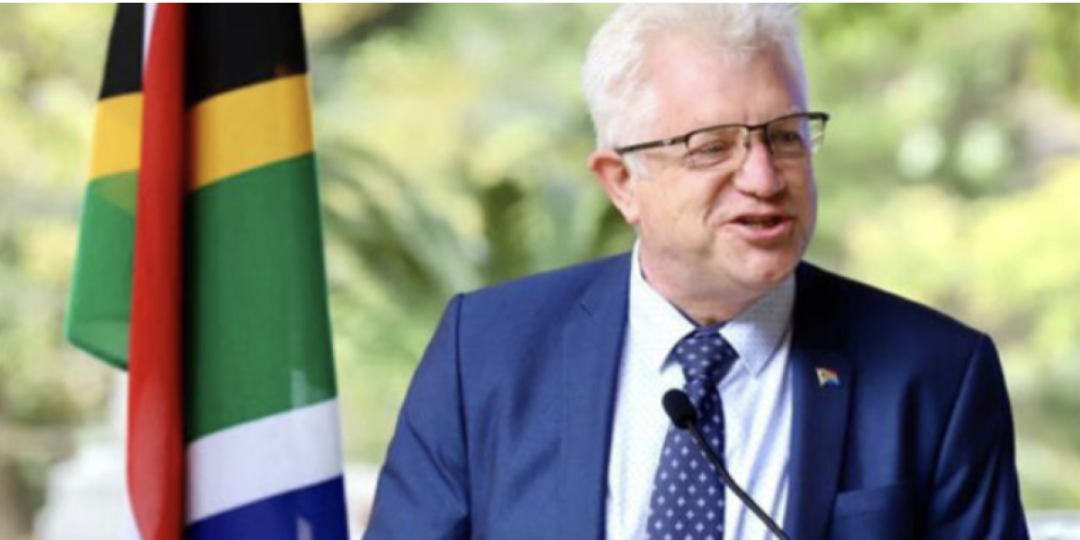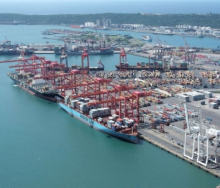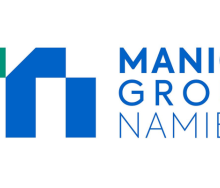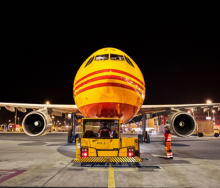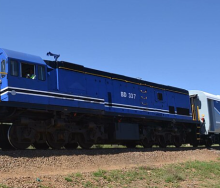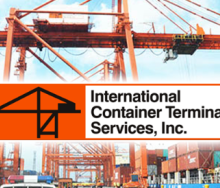The Port of Cape Town needs private sector participation to improve efficiency and drive economic growth, Western Cape MEC for Finance and Economic Opportunities, Mireille Wenger, said after the annual port stakeholder engagement meeting this week.
Wenger and officials from the Department of Economic Development and Tourism hosted the fifth annual engagement in the city that focused on the need for urgent action to turn around performance at the Cape Town Container Terminal in the short-term and to drive investment and technologies for the port to reach its potential in the longer term.
Experts in logistics, exporters, freight forwarders, senior leadership of the National Logistics Crisis Committee and senior Transnet executives including chairperson Andile Sangqu, acting group chief executive, Michelle Phillips and acting Western Cape region managing executive Oscar Borchards attended the meeting.
Wenger said more than 55% of the country’s primary agricultural products are exported through the port making its proper functioning essential for the country’s economy.
She said Transnet had shared details of “ good progress” it had made acquiring critical equipment and its plans to untangle issues that compromise efficiency.
“While we appreciate these good intentions and commitments to improve performance at the port, and we are cautiously optimistic that these interventions will lead to improvements in the short-term to stabilise operations, significant improvements across key performance indicators like containers moved, truck and ship turn-around times, to enable our proudly South African produce to reach key markets on time and at their highest quality are imperative,” she said,
She said the provincial government would closely monitor performance of the container terminal.
“For the Port of Cape Town to truly reach its full potential, and perform at international best practice levels, the private sector’s participation must be brought on board formally,” Wenger said.
Premier Alan Winde said the private sector and provincial government should urgently be given more control over how the port is managed for the sake of residents, the economy and job creation.
“We care deeply about creating more jobs because we understand that a job is the quickest route to a better future. The national government is holding back our job creation efforts in the Western Cape,” Winde said.
“It has mismanaged the province’s ports and harbours. Farmers, exporters, and companies that rely on imports are hardest hit. This drives up costs, reducing job creation. The Cape Town Container Terminal is currently operating at half the required volume,” he said.
He said the port was a “significant economic enabler” and government should prioritise fixing its “chronic inefficiencies” that have plagued the critical logistics hub.
“Given the importance of agricultural exports, in particular, to the regional economy, an efficient port is a vital component of our economic growth blueprint …an optimally functioning port translates into more jobs and meaningful growth. All of this, and more, is what we are trying to enable through the Powers Bill,” he said.
